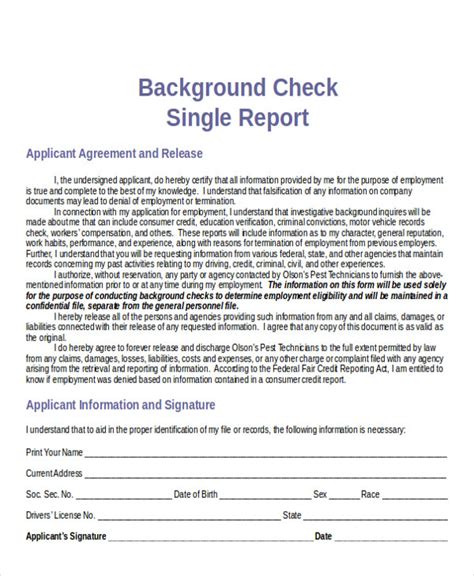Clear Your Name: Repairing Your Background Check
A background check can significantly impact your life, affecting everything from employment opportunities to housing applications and even personal relationships. A blemish on your record, whether a minor infraction or a more serious issue, can create significant hurdles. But don't despair! Understanding how to repair your background check is the first step toward reclaiming your future. This comprehensive guide will equip you with the knowledge and strategies to clear your name and move forward.
What Information is Included in a Background Check?
Background checks typically include a range of information, varying depending on the type of check and the requesting entity. Commonly included are:
- Criminal history: This encompasses arrests, charges, convictions, and sometimes even dismissed cases. The details included can vary by state and jurisdiction.
- Civil records: This section might include lawsuits, judgments, liens, and bankruptcies. These records reflect financial and legal disputes.
- Employment history: While not always comprehensive, this section often verifies past employment dates and sometimes job titles. Inconsistencies can be flagged.
- Education history: Verification of educational credentials, degrees, and certifications.
- Driving records: Includes driving history, such as accidents, traffic violations, and license suspensions.
How to Dispute Inaccurate Information on Your Background Check
One of the most crucial steps is identifying and disputing any inaccurate information. This requires meticulous attention to detail and a strategic approach:
- Obtain a copy of your report: Under the Fair Credit Reporting Act (FCRA), you have the right to obtain a free copy of your background check from each of the major consumer reporting agencies (e.g., Experian, Equifax, TransUnion).
- Review the report thoroughly: Carefully examine every detail, comparing it to your own records. Look for errors in dates, locations, names, or charges. Even minor inaccuracies can have significant repercussions.
- File a dispute with the reporting agency: Each agency has a specific process for disputing information. This usually involves submitting a formal written dispute, providing documentation to support your claim (e.g., court records, police reports, etc.).
- Follow up: After submitting your dispute, follow up to ensure your claim is being processed and that the necessary corrections are made. Keep records of all correspondence.
How to Mitigate the Impact of Negative Information on Your Background Check
Even accurate negative information can be mitigated through strategic steps:
- Time: The impact of past offenses often diminishes over time. Older records may hold less weight in certain contexts.
- Context and Explanation: Depending on the situation, providing context and explaining circumstances surrounding the incident can help mitigate its negative impact. This should be done carefully and professionally.
- Positive Actions: Demonstrating positive changes in your life, such as sustained employment, community involvement, or volunteer work, can showcase rehabilitation and responsibility.
What About Expungement and Sealing?
Expungement and sealing are legal processes that can remove or seal certain criminal records from public view. The eligibility criteria vary significantly by state and the type of offense. Consulting with an attorney specializing in expungement is crucial to understand your options.
Can You Remove a Background Check Completely?
Completely removing a background check is generally not possible. However, the strategies mentioned above can significantly reduce its negative impact and allow for a more favorable presentation of your background.
What if I am Denied Employment or Housing Due to My Background Check?
If you are denied employment or housing based on your background check, understand your rights under the FCRA. You might be able to initiate legal action if you believe the decision was discriminatory or based on inaccurate information. Legal counsel is highly recommended in these situations.
How Long Does Information Stay on My Background Check?
The length of time information remains on a background check varies depending on the type of information and the state. For example, certain criminal records may remain indefinitely, while others may be removed after a specified period. It's essential to understand your state's specific laws.
What Are the Different Types of Background Checks?
Background checks come in various forms, including criminal background checks, employment background checks, and tenant screening checks. Each has its own scope and requirements. Knowing the specific type of background check you're facing is crucial for developing an effective strategy.
By diligently addressing inaccuracies, mitigating negative information, and seeking legal counsel when necessary, you can significantly improve your chances of successfully repairing your background check and moving forward with confidence. Remember, perseverance and a proactive approach are key to clearing your name and building a brighter future.

